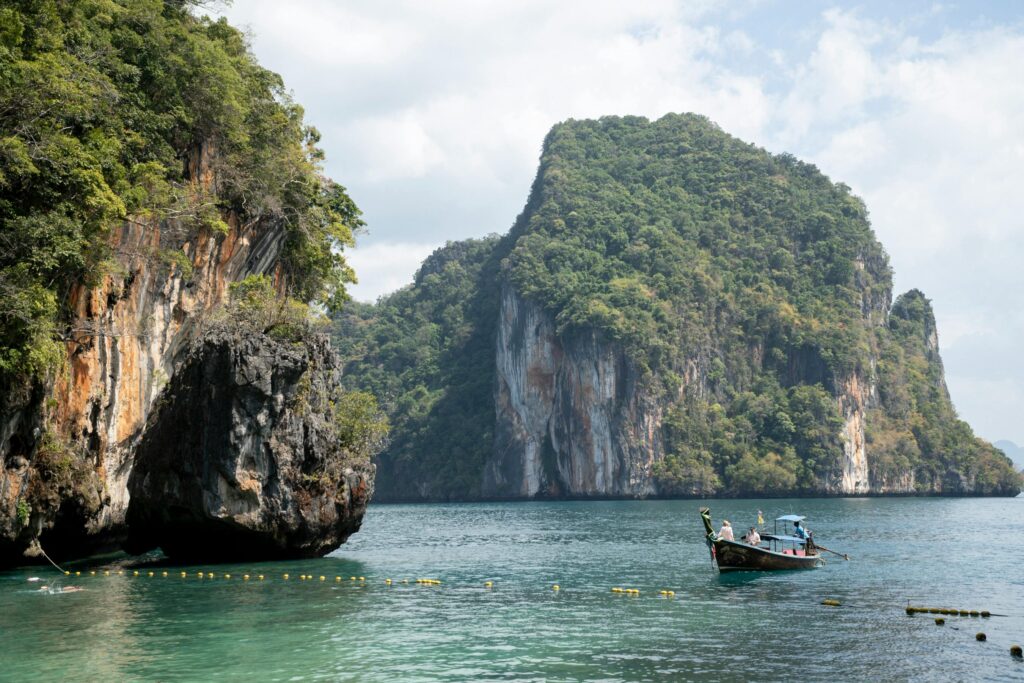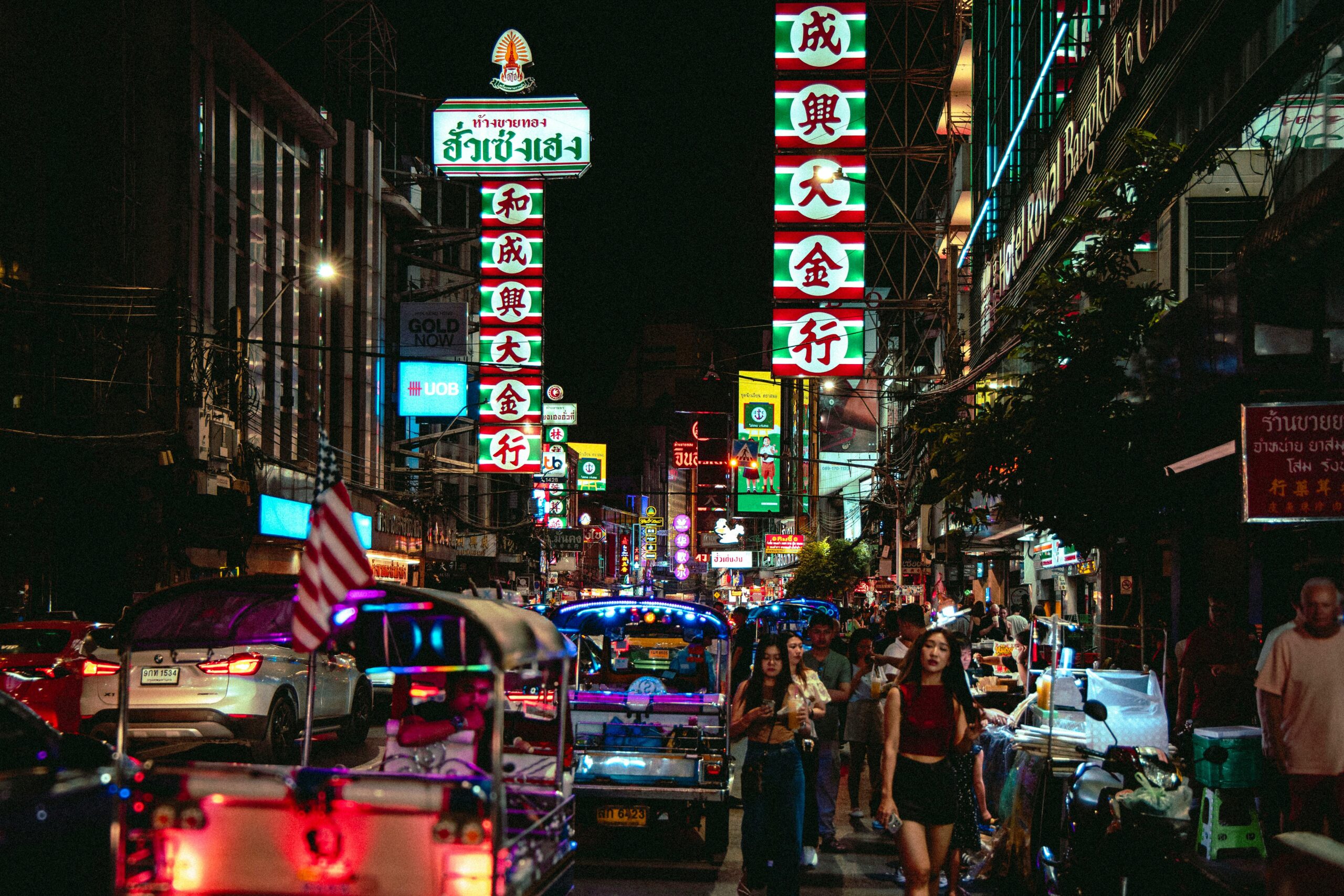Thailand, long celebrated for its vibrant culture, stunning beaches, and warm hospitality, is once again in the spotlight as it revamps its visa policies. The government has announced that the visa-free stay for tourists will soon be reduced to 30 days. This change not only impacts how visitors plan their trips but also signals a broader shift in managing tourism and immigration. In this article, we explore the details behind the new policy, offer insights into its implications, and provide practical tips for navigating these changes.

Understanding the New Visa Policy
What’s Changing?
Historically, Thailand has allowed many nationalities to enter visa-free for a period that, in some cases, extended beyond 30 days. With the forthcoming changes, all tourists—regardless of nationality—will be limited to a strict 30-day stay upon arrival. This update is part of a broader effort to standardize entry conditions and manage tourist flows more effectively.
The Rationale Behind the Change
While the government has yet to detail all the motivations behind this policy shift, several factors are likely at play:
- Combating Overstays: Standardizing the duration of visa-free stays helps authorities curb issues related to long-term overstays and enhances border security.
- Streamlined Administration: A uniform policy simplifies immigration processes and reduces the administrative burden on border control.
- Economic Considerations: By encouraging tourists to plan shorter stays or to apply for visas in advance, the policy may help in diversifying the types of tourism and related spending in the country.
- Enhanced Tourism Management: With a controlled visitor period, Thailand can better manage peak tourist seasons, ensuring that popular destinations do not suffer from over-tourism.
Implications for Tourists
Adjusting Your Travel Plans
For travelers who once enjoyed more extended visa-free periods, the 30-day limit means that itineraries might need a careful re-evaluation. Here are some key points to consider:
- Shorter Trips or Visa Extensions: If you plan to explore Thailand more extensively, consider applying for a tourist visa before your arrival or look into the possibility of visa extensions once in the country.
- Tour Planning: Travelers may need to schedule their activities more tightly to make the most of the limited time. Focus on must-see attractions and allocate extra time for travel within the country.
- Multiple Entry Options: Some visitors might find that multi-entry visas provide the flexibility needed for repeated short visits, particularly if planning to travel in and out of the country over several trips.
Impact on Tourism Industry
Local businesses and tourism operators will also need to adapt:
- Service Adaptations: Tour operators may offer more compact tour packages that align with the 30-day rule.
- Enhanced Pre-Travel Assistance: Travel agencies might step up efforts to help tourists navigate visa applications and understand the new rules.
- Economic Ripple Effects: While some businesses may face short-term adjustments, the policy could ultimately lead to a more organized and sustainable tourism market, benefiting the economy in the long run.

Preparing for Your Trip: Tips and Recommendations
1. Research and Documentation
- Check Official Sources: Always consult the Thai embassy or consulate websites for the latest visa information and entry requirements.
- Plan Ahead: If you intend to stay beyond 30 days, research the process for applying for a tourist visa or extension before you travel.
- Document Preparation: Ensure your passport, travel itinerary, and any supporting documents (like hotel bookings or return tickets) are in order before departure.
2. Consider Your Itinerary
- Prioritize Attractions: Decide in advance which regions or attractions are must-visits, allowing you to maximize your time in the country.
- Flexible Scheduling: Build in flexibility in case you need to adjust travel dates or extend your stay through proper channels.
3. Consult Travel Experts
- Tour Operators and Agencies: Engage with professionals who have updated knowledge of Thai immigration policies.
- Online Forums and Reviews: Leverage recent experiences shared by other travelers to get practical insights and tips.
Additional Details Often Overlooked
Broader Regional Impact
- Neighboring Countries: Changes in Thailand’s visa policy might affect travel itineraries within Southeast Asia, influencing how tourists plan multi-country trips.
- Digital Nomad Community: With remote work on the rise, digital nomads who once enjoyed flexible stays may need to adjust their work-and-travel arrangements.
Future Prospects
- Policy Evolution: The new rule might be a part of a series of reforms aimed at modernizing Thailand’s tourism infrastructure. Keep an eye on further updates which may introduce more streamlined digital visa applications.
- Economic Strategy: By attracting a different tourist demographic—possibly those willing to invest in longer, more structured visits—Thailand could reshape its tourism industry for a more sustainable future.

Frequently Asked Questions
Q1: Why is Thailand reducing its visa-free stay to 30 days?
A: The change aims to curb overstays, streamline immigration procedures, and better manage tourist flows, ultimately contributing to a more sustainable tourism model.
Q2: Who is affected by the new policy?
A: All tourists entering Thailand under visa-free conditions will be affected, regardless of nationality. Travelers who previously benefited from longer visa-free periods will now be subject to a 30-day limit.
Q3: What should I do if I plan to stay longer than 30 days?
A: If you need to extend your stay, consider applying for a tourist visa before arrival or inquire about visa extension options with local Thai immigration authorities once you’re in the country.
Q4: How can I apply for a visa or visa extension?
A: Visit the official website of the Thai embassy or consulate in your country for detailed application procedures, required documentation, and fees. Many travel agencies also offer assistance with the visa process.
Q5: When will the new policy take effect?
A: The policy is set to be implemented soon. It is advisable to check with official sources or your travel agent for the most current information before booking your trip.
Q6: Will this change affect my travel itinerary?
A: Yes, if you plan to stay in Thailand longer than 30 days, you’ll need to adjust your itinerary or apply for an appropriate visa. Careful planning is recommended to avoid any disruptions.
Conclusion
Thailand’s move to a strict 30-day visa-free stay represents a significant shift in the country’s tourism policy. While it may require adjustments to travel plans and additional pre-trip preparation, these changes are designed to promote sustainable tourism and enhance overall visitor management. By staying informed and planning ahead, tourists can continue to enjoy all that Thailand has to offer while navigating the new regulations smoothly.
Plan your next adventure with care and ensure you’re fully prepared to meet these new requirements—your journey to the Land of Smiles can remain as delightful and worry-free as ever!
Sources EuroNews


